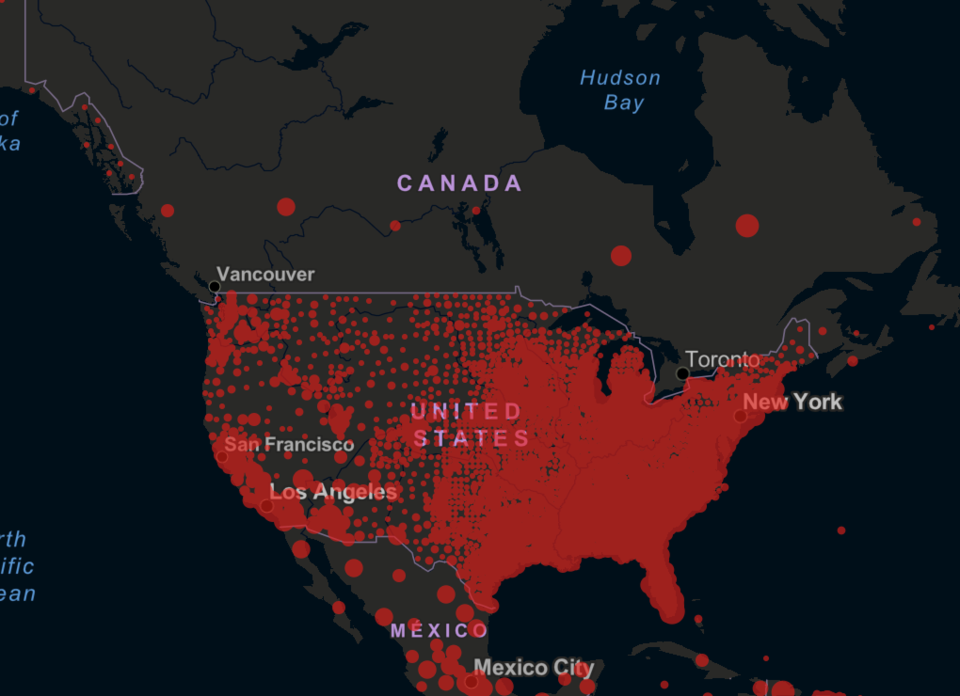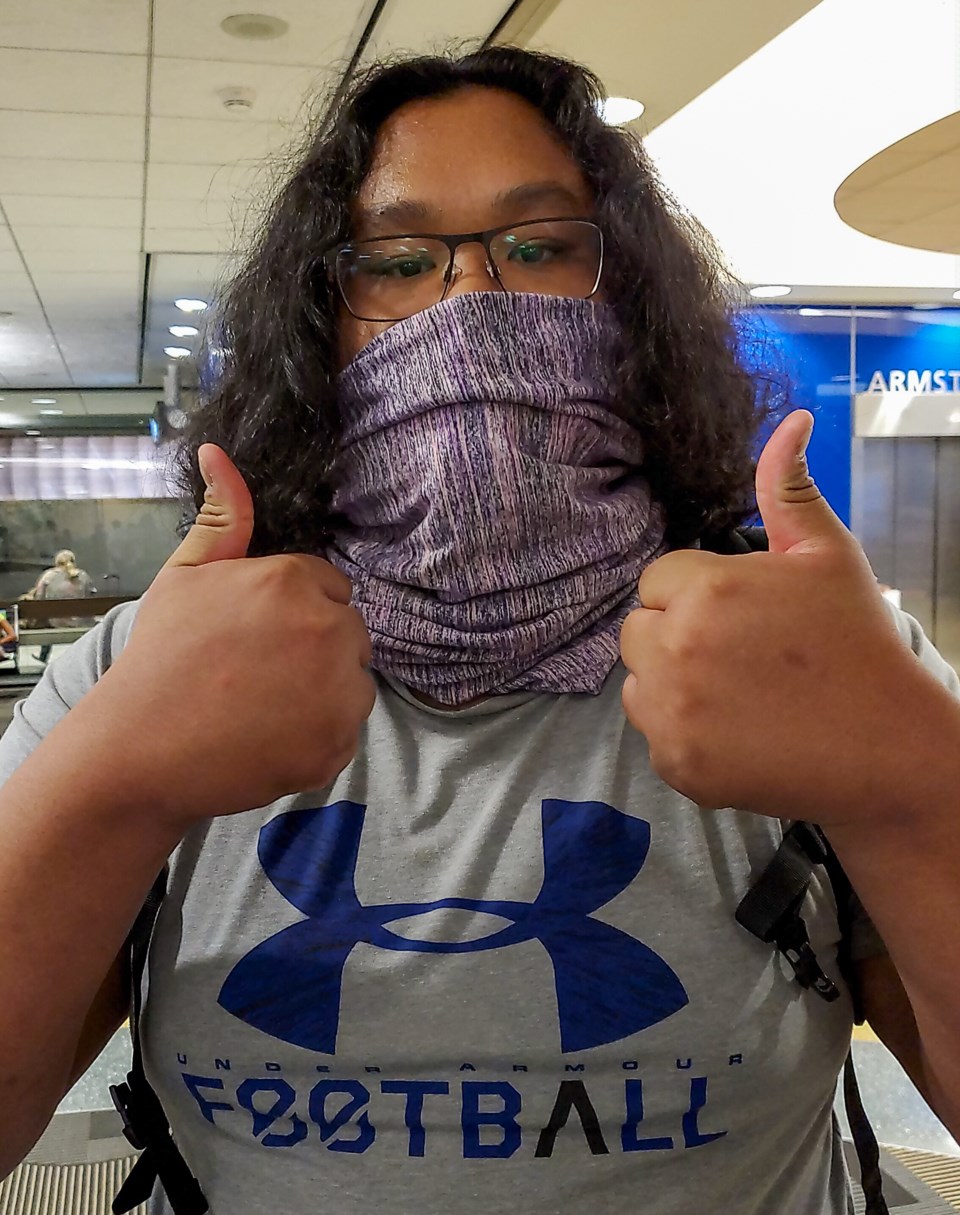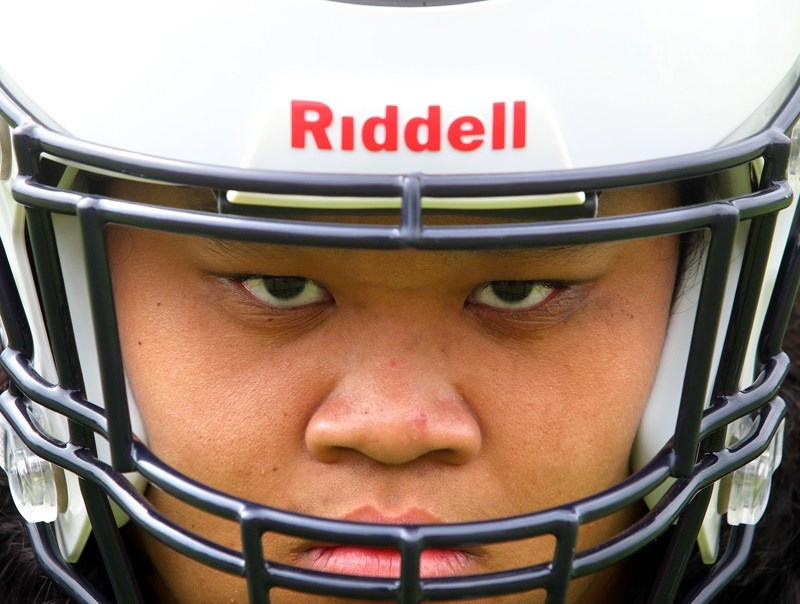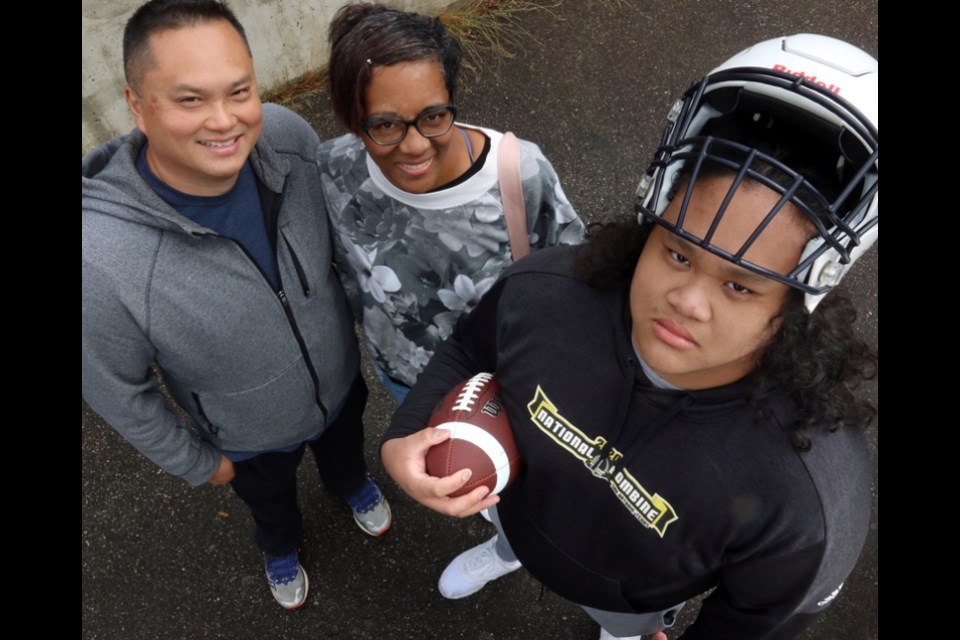As the pandemic wears on, the gap in caseloads and fatalities between Canada and our southern neighbour makes it easy to be grateful to live in British Columbia.
But what about those desperate to see their new granddaughter in Arizona or a fiancé in Washington State?
Travel has become a little trickier than last year. And the prospect of travelling to the U.S. can be particularly anxiety-provoking for those with a son or daughter headed off to an American school in the fall.
So what should you expect?
The Tri-City News interviewed two recently returned families who have made that trip to Florida, one of the states worst hit by the virus in recent weeks.
Here’s what you need to know.
OFFICIAL RECOMMENDATIONS
First, the Canadian government does not recommend any non-essential travel outside of the country at this time. Once you leave the borders, you’ll be subject to another country’s rules — whether that be quarantine or medical bills should you fall ill.
Moreover, Canada’s consulates have had their capacity limited by the pandemic.
With the U.S. land border sealed, your only option is as an essential traveller — ‘essential’ includes such circumstances as visiting family or attending school — is to fly.

BUT 'FOOTBALL IS LIFE'
Wilson and Denise Tung had been contemplating the trip with their son Aaron for months. At six-foot-four and 300 pounds, the 16-year-old offensive tackle had caught the eye of coaches at a small high school in Clearwater, Fla., back in February.
As the pandemic heated up, so too did their inquiries. Soon the Tung's were preparing for the move.
“Aaron had been toying around with the idea of going south since Grade 9,” said his mother, Denise. “Just to have a different view of the game. Because as we know, down there, football is life.”
Now in “full-blown lockdown,” as Tung describes it, the teenager wanted to see if he could get to the next level and didn’t want to give up a chance of a lifetime.
Tung was one of 15 Canadians heading to the small Florida city outside of Tampa Bay in early July to go through quarantine in time for pre-season training and school.
That’s when the family started researching the town and asked coaches and the school a battery of questions about safety protocols, how they would live and who they would go to if they needed help.
“Do your research, inquire and look into things rather than assuming things,” said Denise, who also called the hotel to make sure she was comfortable with its safety protocols.
“Understand the area you’re going to rather than generalizing.”
TRAVEL
Travel started to look different from the moment the Tung’s bought their flight ticket. Denise remembers receiving an email that said they must wear a mask or some face covering at all times unless they were eating or drinking.

When they got to Vancouver International Airport on the morning of July 6, the place was nearly empty. On the American Airlines plane to their layover in Dallas, the Tung’s said there were about 20 to 25 people, while the flight onwards to Tampa Bay was “pretty much full.”
Don’t expect food on the flight, but you might get a little package of hand sanitizer, a mask, water and alcohol wipes.
Nearly everywhere they went, most people were wearing a mask.
“I’m not saying Florida or Texas isn’t bad, but I kind of had to put it out of mind — do what I need to to stay safe,” she said. “I was fully prepared to tell people to back up. I’d skooch over, give them the stink eye. I was forever washing my hands.”
When they arrived, Aaron’s quarantine started, though he spent the first few days with his parents at the hotel and shopping at Costco and Target to outfit his bedroom. Both, she said, felt safer than shopping at the Costco in Coquitlam, pointing to the mandatory mask protocol and thin crowds, but also recognizing the small town size may have played a factor.
“Had the school been in Miami, I probably would have said, 'Mmm, Aaron, I don’t think you should go,'” she said.
This week was the first time the teenager was allowed to mingle with his teammates, who include one of his old opponents and good friend, 16-year-old Tremel States-Jones from Surrey.
RETURN
Coming back to Canada was largely the same process, said the Tung’s, except upon arrival in Vancouver, the parents had their temperature checked and were given pamphlets and a stern warning to follow through on the mandatory 14-day quarantine.
That, they said, has been one of the hardest parts, as their middle child has gone to live with her grandparents so she could continue practising with her baseball team. They have to wear a mask to protect their youngest and Denise’s mother, who lives in a basement suite. Both quarantined by default.
They stay in touch with other families and coaches through a WhatsApp group set up in the weeks before their arrival. One of the biggest concerns was centred on what would happen to the students if the school moved online and U.S. Immigration and Customs Enforcement (I.C.E.) enforced a White House order to cancel student VISAs for those not attending classes.

That threat faded when the school decided to go ahead with in-class instruction, but for many institutions around the U.S., it remains an open threat that Denise recommends each parent work out with their school.
“It couldn’t have been worse timing for Aaron to go, but at the same time we couldn’t pass up that opportunity for him,” said Denise. “If something goes bad or it’s not safe, we’ll yank him out and pull him home.”
THE TALK
The Tungs and Tremel States-Jones’s mother, Marla, told the Tri-City News the most important thing is to sit down with your child and have a frank discussion about the risks and payoffs of going to school in the U.S. during a pandemic.
“People thought we were absolutely nuts for doing it,” said Denise, “Once we were down there, I felt safer there than we do here.”
Marla States-Jones had a similar experience to the Tungs. She agreed that having a long lead up time to mentally prepare for the move and make the important decisions together made the process a lot easier.
Not every state, county or city has the same risk, they advised, so pay attention to what's going on around your kid's school.
Both families were confronted with the double-anxiety of the ongoing protests against police brutality and calls for to address systemic racism.
But, as Marla pointed out, “He’s Black in America. But he’s black in Canada, too.
“You’re preparing him for the worst. You don’t want him to live in fear but always be cautious and never be alone.
“You guys are young Black males going down there. You can’t be alone.”



